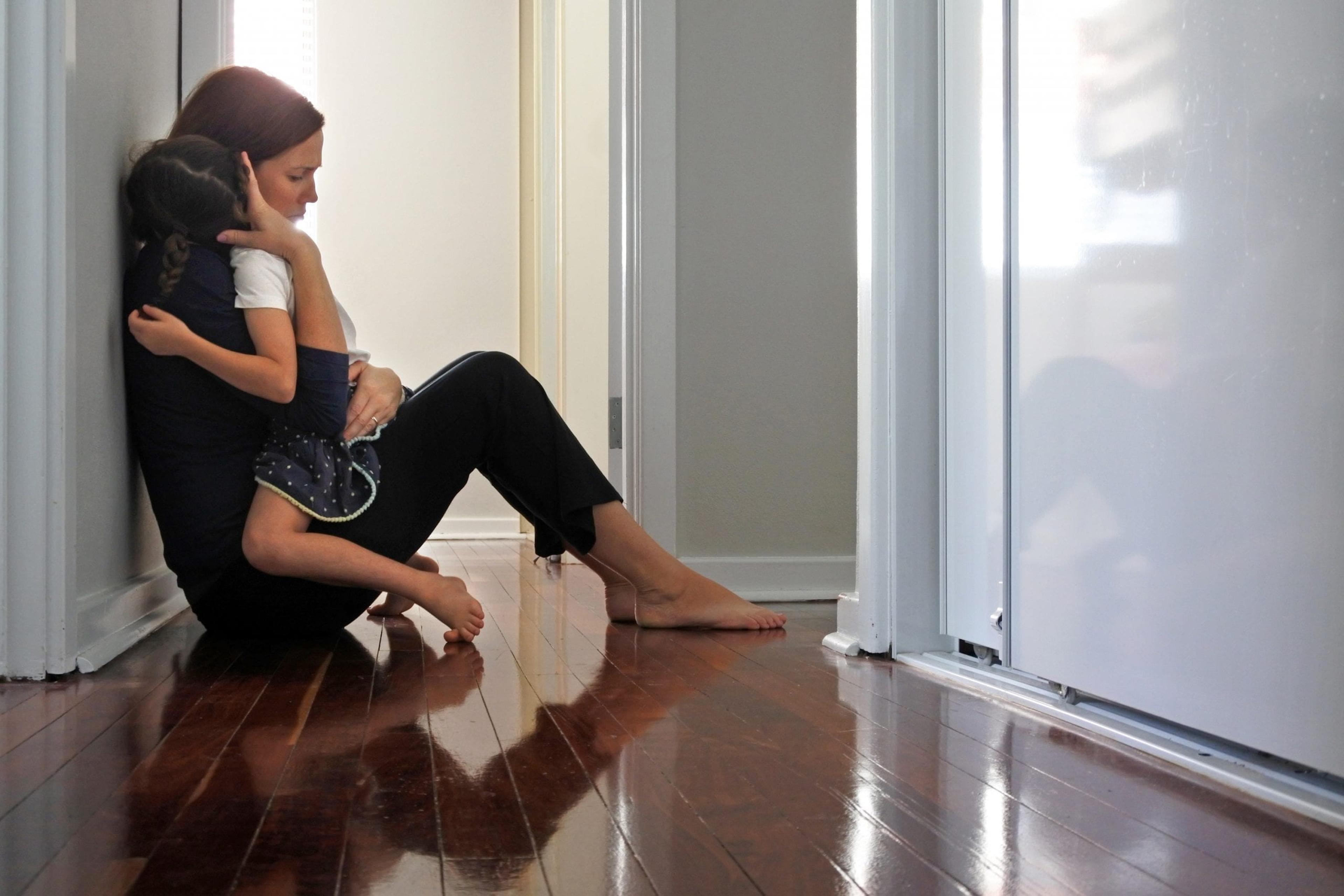
It started with denial. As cases of COVID-19 started to rise earlier this year, participants in Pam Roose’s online diabetes prevention class figured there wasn’t much to worry about and that things would get back to normal soon enough. When two weeks led to four, she noticed that attitudes and behaviors started to change. Participants had worked so hard to make healthy changes such as buying healthier foods, getting more physical activity and using support systems to keep them on the healthy lifestyle journey they’d started. But, with limited access to healthy foods, gyms closed and the inability to access their support systems in person, their motivation seemed to fade, replaced by anger, mixed with depression. “It hit, that this is what’s really happening, and some people got angry and some scared,” Roose said. As a registered dietitian, Roose teaches virtual classes out of her Marquette County home. Some of her students stopped attending class, while many embraced the opportunity to have an online network of support. Those who stayed, drew on each other for emotional and physical support and learned new coping techniques. When a new class recently started, participants were looking for help to move forward, even asking for ways to build a healthy diet reliant on sustainable foods. They were accepting that life could be different for the foreseeable future and finding new ways to support their healthy lifestyle journey.
Grieving a way of life and familiar routines
Throughout the pandemic, many people have felt a sense of loss. Some are grieving loved ones, while many more, including Roose’s students, are grieving aspects of their former way of life. Stay-at-home orders to prevent the spread of COVID-19 radically altered routines and the important ways people structure their lives and form their sense of identity. The ways we exercise, shop and gather all look very different. Big life events such as graduations and weddings had to be canceled, postponed or reimagined. Many lost jobs or faced isolation working from home. These upheavals to routine are hard to adapt to. Mental health experts say the feelings associated with adjusting are a type of grief. Unlike grieving a death, however, the loss of routine and predictability isn’t over, it’s ongoing for the foreseeable future. Still, it’s important to find constructive ways to move forward. Not dealing with your emotions can lead to runaway stress and anxiety, which has negative consequences for your mental health. Left unchecked, it can also cause dire physical harm. During the pandemic, cardiologists have found a four-to-five fold increase in Takotsubo cardiomyopathy, also known as broken heart syndrome, typically brought on by extreme physical or emotional distress.
How to move forward in healthy ways
So, how do you appropriately grieve the life you had before COVID-19? According to the American Psychological Association, identifying and naming what you’ve lost is a good place to start. Maybe you’ve just felt “off” and weren’t quite sure why. Taking stock of the ways your life is different now and figuring out which of those differences make you mad, sad, scared or frustrated can help you figure out how to address those feelings or put action steps in place that can help you feel more in control. Grieving routines you miss is normal and valid. Roose, who is also a certified intrinsic coach, yoga and Tai Chi teacher, said she’s talking with her students about the people in their lives they can turn to for support and finding ways to connect. “Social distancing doesn’t mean disconnecting socially,” she explained. While feeling down about restrictions and change is normal, it’s important to be aware of prolonged emotions you feel you can’t get a handle on. Talking to your primary care doctor or a mental health professional about what you’re experiencing can help you determine if further treatment might be needed.
If you’re in crisis, the National Suicide Prevention Lifeline is available 24/7 at 1-800-273-8255.
These resources are also available:
- If you’re a Blue Cross Blue Shield of Michigan or Blue Care Network member, many mental health services are covered through your plan.
- Blue Cross is also offering a free crisis hotline for emotional support for members and non-members at 833-848-1764.
- Weekly Blue Cross® Virtual Well-Being member webinars explore helpful topics such as mindfulness, healthy eating, exercise and more.
- The state of Michigan and Headspace are also offering “Stay Home, Stay Mindful”, a website with free mental health resources.
Related:
- Managing Social Anxiety During and After COVID-19
- Coronavirus Outbreak: What You Need to Know
- COVID-19 and Mental Health
Photo credit: chameleonseye





